Sustainable Practices in Winemaking: How Jackson Family Wines Leads the Way
Overview
Winemaking is evolving, and sustainability is at the forefront. Jackson Family Wines stands out, showing how eco-friendly practices can create top-notch wine and build a global brand. This article dives into their story and methods, offering a glimpse into the future of wine.
Winemaking isn’t just about tradition anymore. With climate change and limited resources, the industry is shifting toward greener ways. Sustainable practices in winemaking—like saving water, using solar power, and farming organically—are becoming essential. Jackson Family Wines has embraced these changes, turning them into a recipe for success.
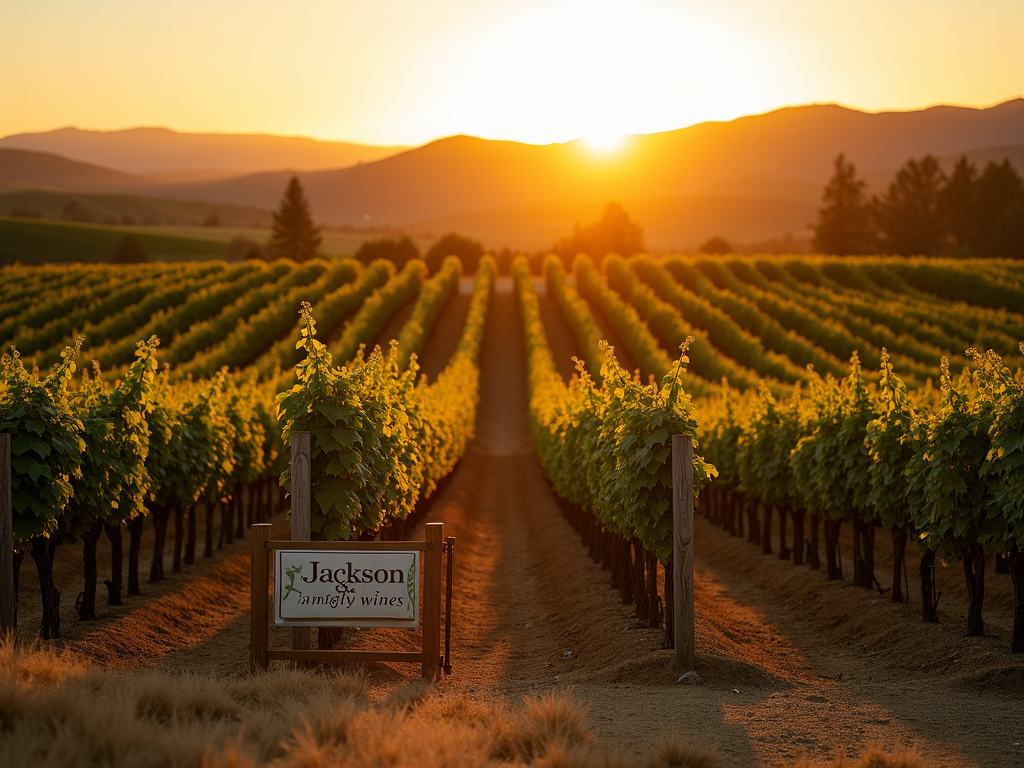
Who Is Jackson Family Wines?
Founded in 1982 by Jess Jackson in California, Jackson Family Wines started small. Jess, a lawyer-turned-winemaker, had a simple goal: make great wine everyone could enjoy. From a tiny vineyard in Lake County, the company grew, adding well-known wine brands like La Crema and Cambria.
What sets them apart? A focus on quality and the planet. Today, they own vineyards worldwide—think France, Italy, and Chile. Their sustainable approach has earned them fans and awards, proving you can care for the earth and still make amazing wine.
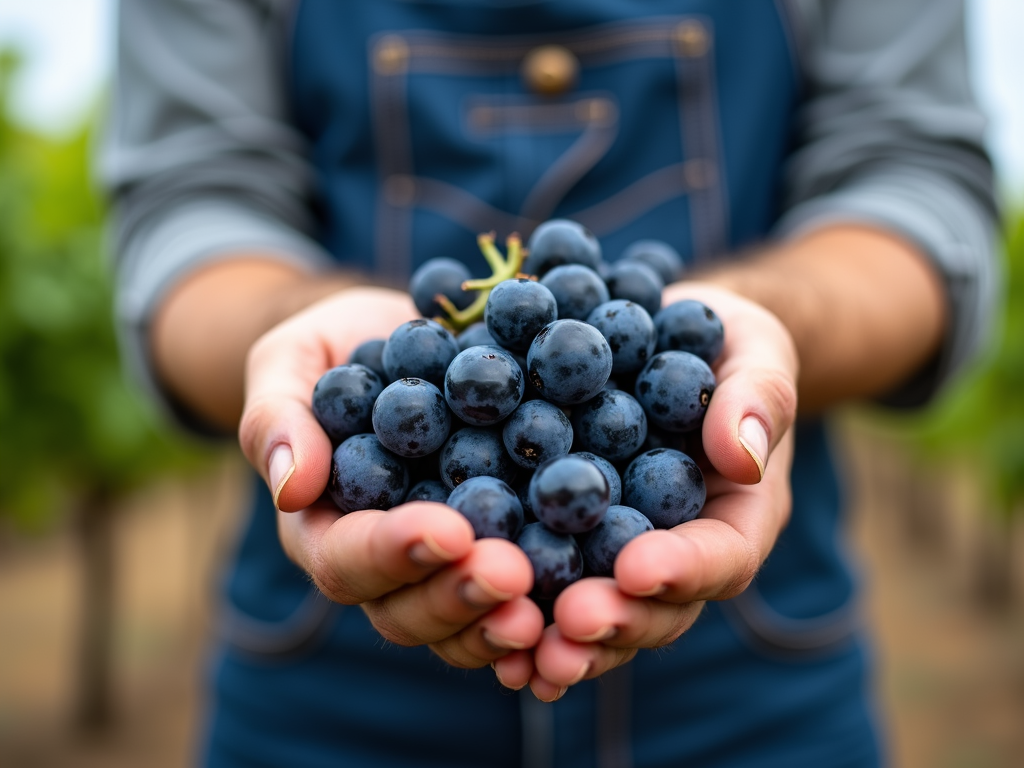
Key Sustainable Practices
Jackson Family Wines doesn’t just talk about sustainability—they live it. Here’s how they do it, step by step:
Saving Water
Water is gold in winemaking. They use smart irrigation that checks soil moisture and waters only what’s needed. They also recycle water and collect rain. Since 2008, they’ve cut water use by 41%. That’s huge for an industry that’s often thirsty.
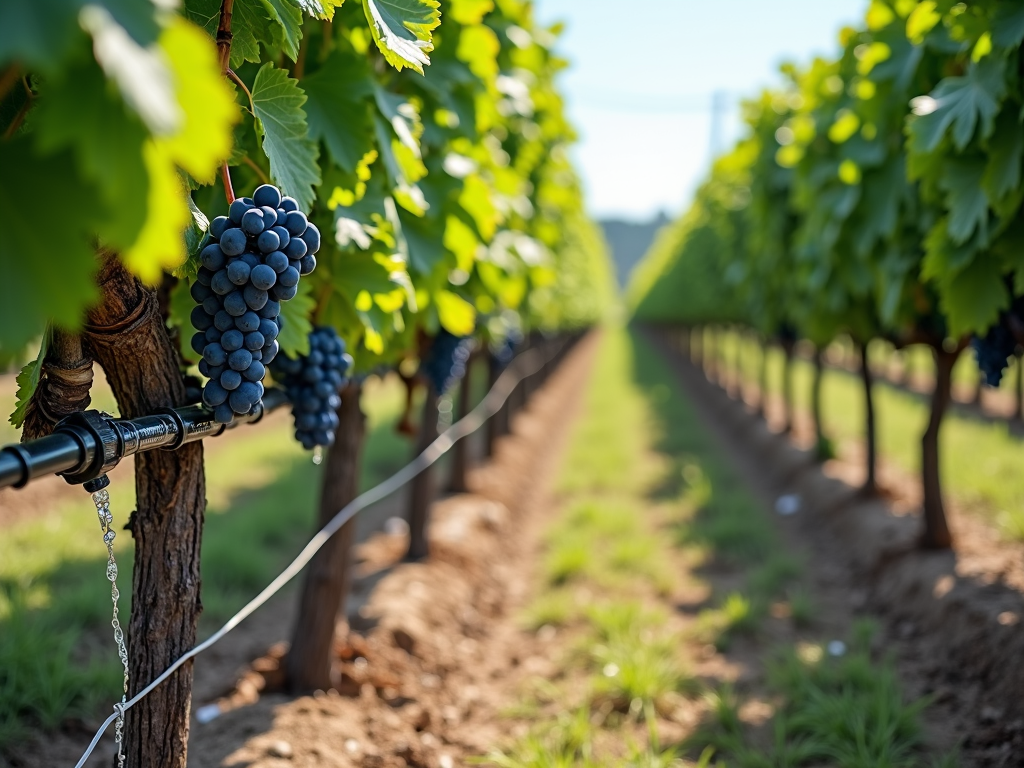
Powering with the Sun
Energy matters too. They’ve put up over 23,000 solar panels, making them the biggest solar power user in U.S. wine. These panels cover 30% of their energy needs. Plus, they store extra power in Tesla batteries, keeping things green and steady.
Growing Naturally
Organic farming is a big deal here. All their Napa Valley vineyards are certified organic, and they’re pushing for regenerative farming. That means healthier soil and more wildlife, thanks to cover crops and less plowing. It’s good for the grapes and the earth.
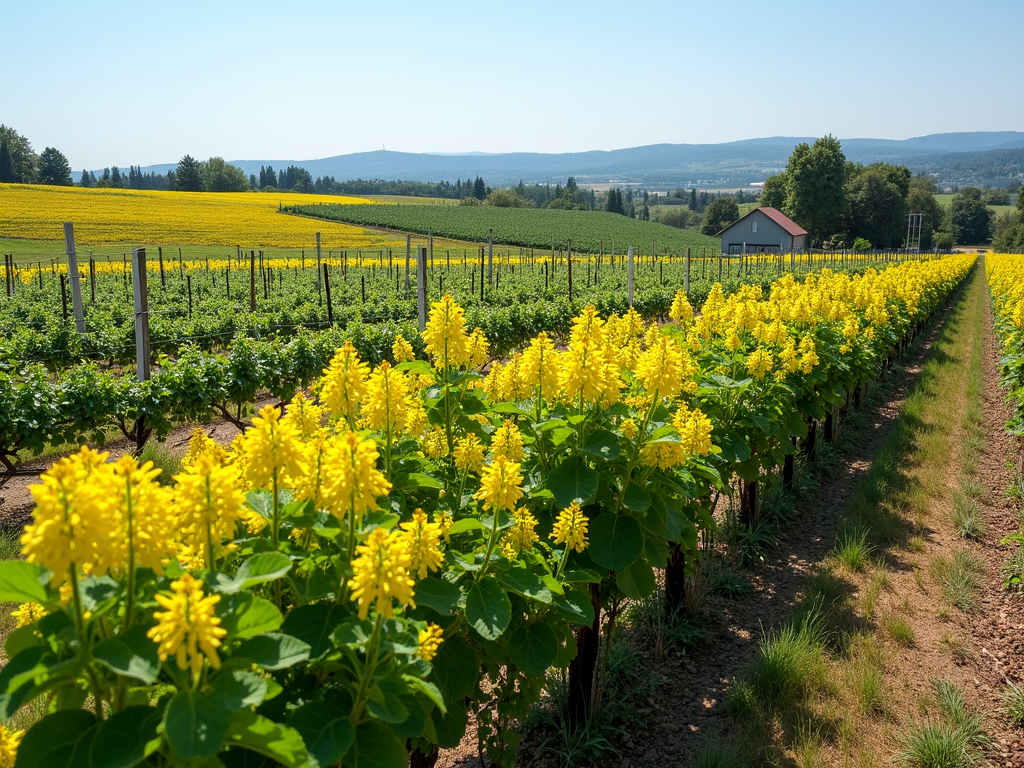
Smart Winemaking
They use tech to stay ahead. Drones and sensors track the vineyard’s needs, helping them grow better grapes with less waste. They even clean tanks with UV light instead of chemicals, saving water and keeping the wine pure. Small changes, big impact.
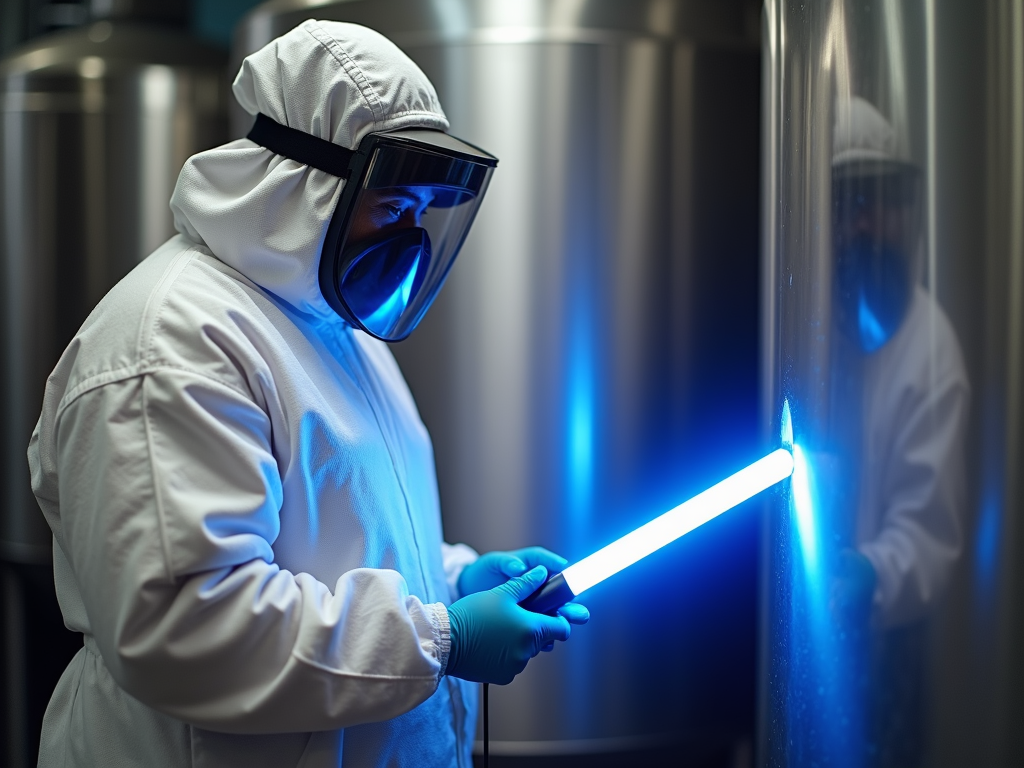
Why It Works Globally
How Jackson Family Wines became a global brand ties directly to sustainability. People want products that match their values. By going green, they’ve built trust and stood out in a crowded market. It’s not just good PR—it’s good wine.
Their methods also boost quality. Organic grapes taste richer, and precise farming means better harvests. Critics love it, giving them top scores. This mix of ethics and excellence has opened doors worldwide, from California to South Africa.
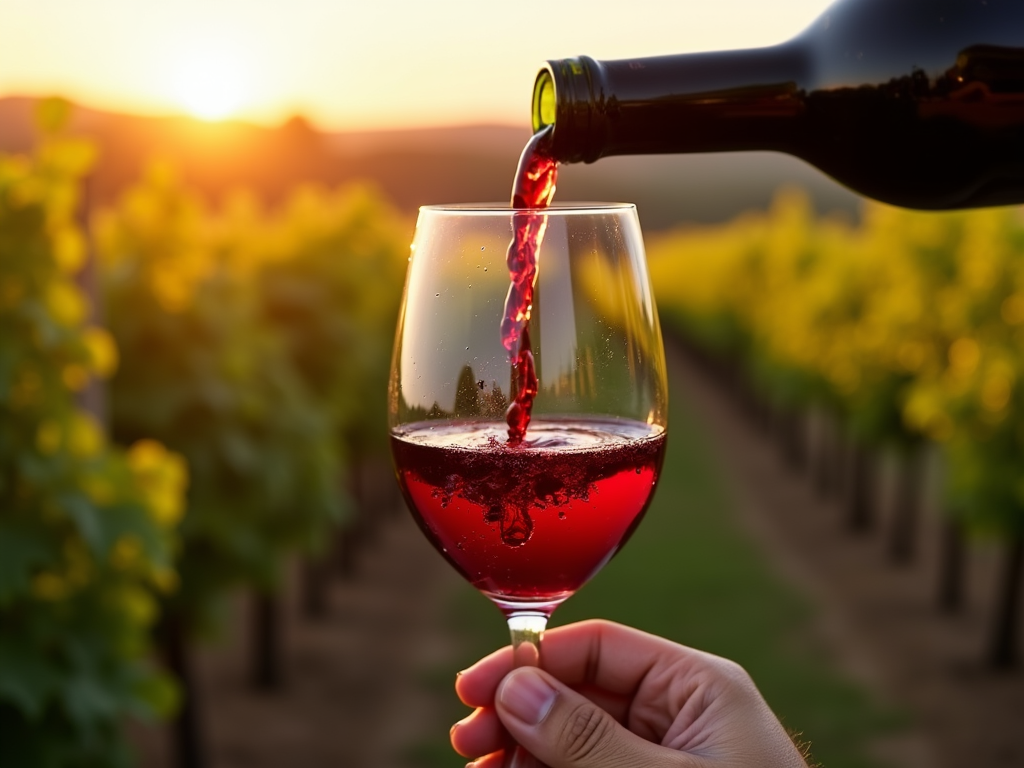
My Visit to Their Vineyard
I recently visited their Sonoma County vineyard, and it was eye-opening. The place buzzed with life—vines thriving, bees humming among cover crops. The irrigation system clicked on just where it was needed, and the air felt clean and fresh.
Talking to a winemaker there sealed it for me. He showed me a cluster of grapes, explaining how their care for the land shapes the flavor. His pride was clear. It hit me: this isn’t just business—it’s a passion for doing things right.
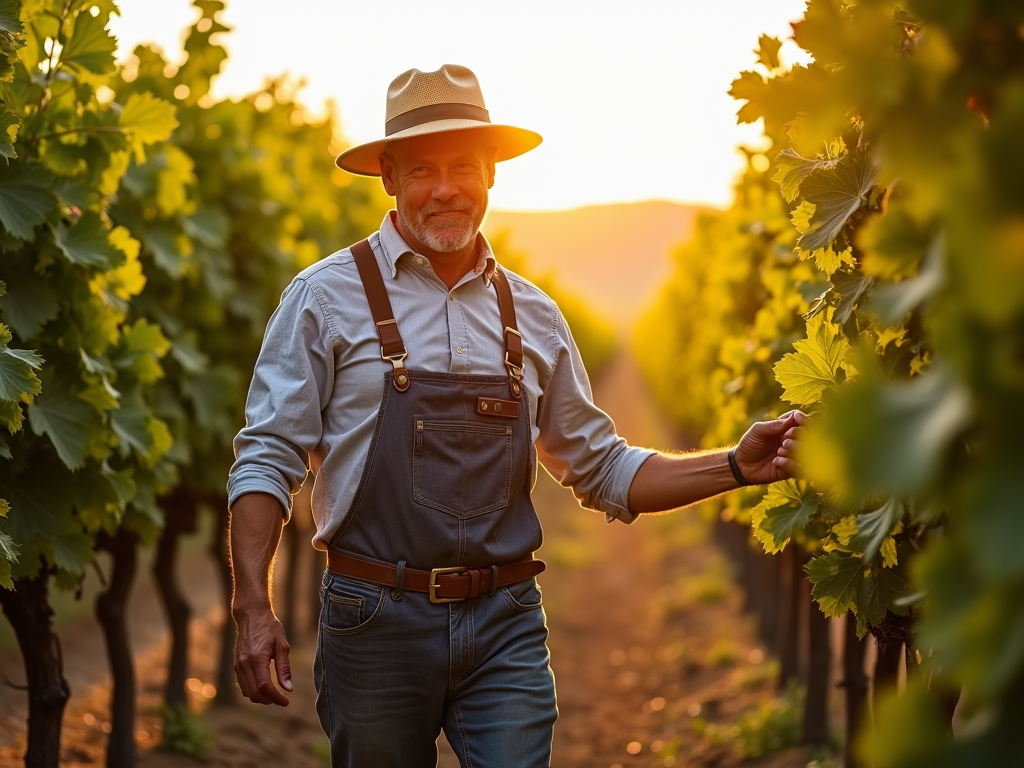
Wrapping Up
Jackson Family Wines proves sustainable practices in winemaking can lead to world-class results. They save water, harness the sun, and farm smart— all while crafting wines people love. Their story shows quality and care for the planet can coexist.
For anyone picking a bottle, their wines offer more than taste—they’re a vote for a better future. The wine world could learn a lot from them. Want to dig deeper? Check out the readings below.